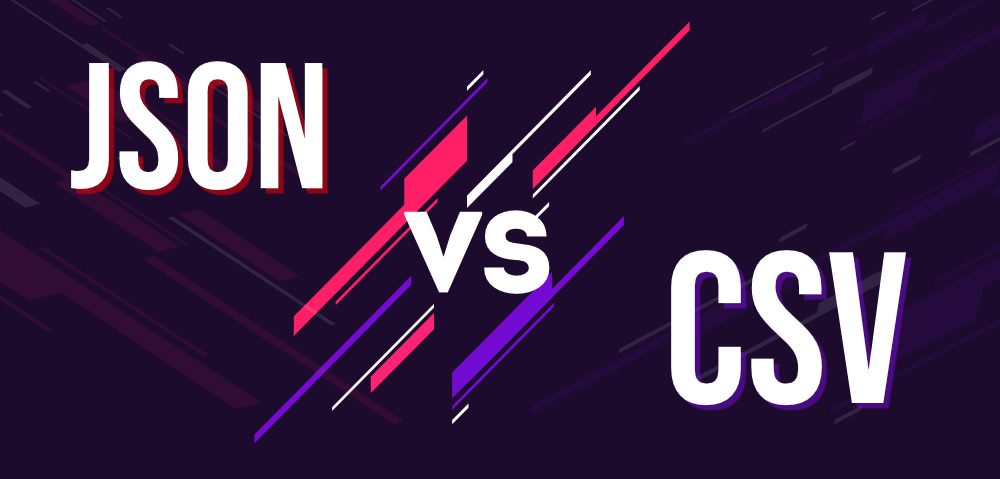Difference Between JSON and CSV
Last Updated :
22 Aug, 2022
JSON: JSON refers to JavaScript Object Notation. It is a language-independent, human-readable language used for its simplicity and is most commonly used in web-based applications. The JSON extensions end with a .json. JSON is a user-friendly substitute for XML as it is lightweight and easy to read. It supports data structures like array and objects and the JSON documents that are rapidly executed on the server.
CSV: CSV refers to Comma-Separated Values. It holds plain text as a series of values (cells) separated by commas (, ) in a series of lines (rows). CSV file can actually open in a text editor and read it. There are lots of applications for reading CSV files, and many languages provide built-in functions that simplify reading/writing CSV format. These files are majority used by professionals in data analysis or visualizations.

Below is a table of differences between JSON and CSV:
| SR.NO |
JSON |
CSV |
| 1. |
JSON stands for JavaScript Object Notation. |
CSV stands for Comma separated value. |
| 2. |
It is used as the syntax for storing and exchanging the data. |
It is a plain text format with a series of values separated by commas. |
| 3. |
JSON file saved with extension as .json. |
CSV file saved with extension as .csv. |
| 4. |
It is more versatile. |
It is less versatile. |
| 5. |
It is used for key, value store and supports arrays, objects as values. |
It is a standard of saving tabular information into a delimited text file. |
| 6. |
It mainly uses the JavaScript data types. |
It does not have any data types. |
| 7. |
It is less secured. |
It is more secured. |
| 8. |
It consumes more memory as compared to CSV. |
It consumes less memory. |
| 9. |
It support a lot of scalability in terms of adding and editing the content. |
It does not support a lot in terms of scalability. |
| 10. |
It is less compact as compared to CSV file . |
It is more compact than other file formats. |
Like Article
Suggest improvement
Share your thoughts in the comments
Please Login to comment...